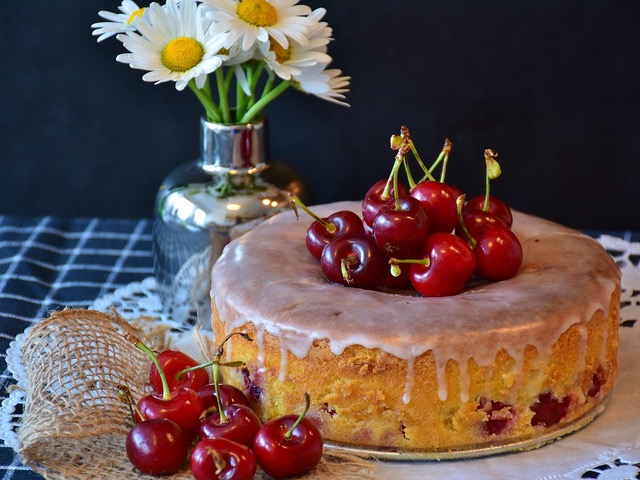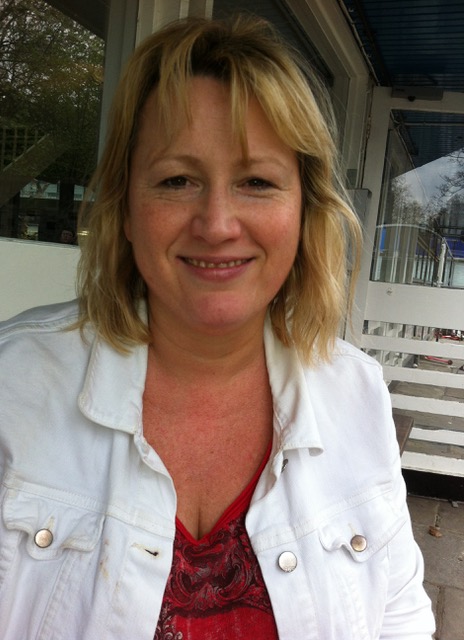I was having coffee with a bunch of ladies I didn’t really know. A common hobby had brought us together and as we met (some, for the first time) and chatted and ordered coffee and cake, the conversation veered off course as it inevitably does when you put women together. This wasn’t a business luncheon, it was very much a ‘getting to know you’ do. Our common hobby had brought us together, but we wanted to know if there was something else, beyond that, which could connect us.
As we talked backgrounds, languages, cultures, careers, husbands and children, we delved into each other’s lives, hesitantly at first, and then boldly, asking forthright questions and receiving some compelling and often hilarious answers. A sisterhood was emerging right there in that little coffee shop.
Interestingly, because we were, in effect, strangers to one another, there was a frankness and a candour to our conversation. There was no previous baggage nor was there any judgement. Each one was free to divulge as much or as little as they wished. Which is perhaps why some shocking truths emerged.
I have thought long and hard about writing this blog post. Am I betraying these ladies’ confidences if I do? Is this a kind of treachery to the very sisterhood I espouse? Am I worthy of being a confidante if I am unable to zip my lip?
However, upon reflection, I decided that yes, I would indeed write about it. No names or details of the women in question will be revealed here. That is not the purpose of this post. The purpose is to highlight the vulnerability of young children and how, it is so important for us as adults – parents and carers, to be vigilant about any possible signs and symptoms of abuse.
70% of the ladies at that table had been subject to some kind of sexual abuse as children. This ranged from an elderly relative using his trustworthy position in the family to inappropriately touch a child, to older children molesting a young girl in their midst, to a cousin leveraging his way into his sister’s affections to try and rape her.
Where were the adults when all this happened? Oblivious, too trusting or incapable of translating the traumatised child’s words and actions as a symptom of their ordeal.
Following on the heels of the #MeToo movement, the awareness of society’s ability to use and discard vulnerable adults has emerged strongly into the forefront. Yet, child abuse is so much more rampant and ubiquitous than anyone of us could have imagined.
All of these women were educated, erudite professionals who had carved out amazing careers and on the outside looked as put together as anyone else. Yet, fragments of their abusive past still lingered, making them feel ‘less than’ and handicapped in ways that even they could not articulate. If our pasts are the foundations to our future, it must have been doubly hard to build their future on the quicksands of trauma, betrayal and abuse.
I have spoken freely about the kind of sexual harassment I encountered growing up in India. Thankfully, because my mother was a very forward thinking individual, she was particularly circumspect about the adults who had access to me as a child. I had been told time and again to tell her if anything inappropriate was said or done to me. I was amongst the lucky few.
How many others had to stay ‘schtum’ because of the joint families they were growing up in wouldn’t tolerate any rent in its fabric, even if the casualty was a child’s innocence? How many parents believed that shrouding the truth or simply disbelieving the child were the only ways forward? How many ‘uncles’ or manservants got away scot-free because the ‘good name’ of the family was far more important than offering the victim love, support, understanding and challenging the perpetrator’s dirty deeds?
Too many.
Which is why it is so important that we talk about childhood sexual abuse. Children have nothing to be ashamed of. They are completely innocent of any wrong doing. It is the sick and depraved adults who choose and groom their victims alongside their families, that need to be brought to task.
I hope there comes a day when that coffee table conversation will not be limited to the tales of abuse suffered by young children, but will go on to elaborate the punishment society accorded to the abuser, and the counselling that was offered to the child to overcome that early trauma. As things stand right now, most children have to find their own coping mechanisms and unlike my ladies, can and do, spiral into self destructive behaviours.
I am not naive enough to believe that we will eradicate child sexual abuse completely. Wherever there is a power imbalance, abuse will exist and thrive. Sadly, there will also always be individuals with a sexual predilection for children. A multi-pronged approach that includes awareness, education, therapy, counselling, stricter laws and most importantly, a gradual erosion of patriarchy, may bring about the much needed change that will protect our children and ensure a safer future for them.





